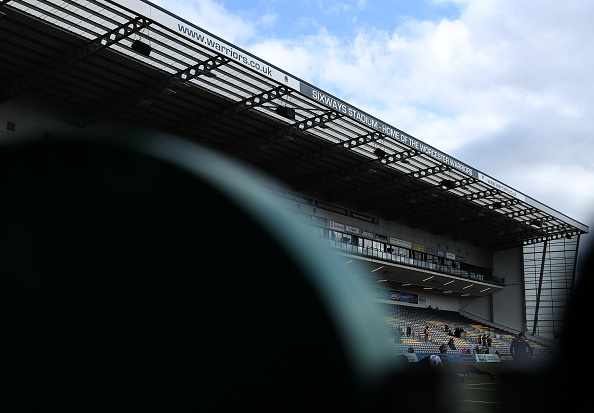Worcester woes suggest wider issues for rugby as a whole

Rugby union has never been the cash cow that football has developed into and this week we could be seeing the latest club enter administration following a series of financial woes.
It is expected, according to multiple reports, that west midlands Premiership club Worcester Warriors could suffer that fate later today following a winding-up petition from HMRC last week.
Some suggest that the total unpaid tax bill owed to the authorities amounts to around £6m, with guarantees of player wages being signed off uncertain.
Should Worcester Warriors, who are owned by Jason Whittingham – who wanted to build a hotel near Sixways Stadium – and Colin Goldring – who was recently sanctioned by a Solicitors Disciplinary Tribunal for working for lawyers after misleading a foreign prince – enter administration and not be able to pay their squad of more than 40 players by the end of the month, those players will become free agents.
The situation at Sixways Stadium, along with the one at Wasps – where issues in paying a bond led to the former Premiership champions, among other revenue possibilities, reportedly asking for more than £10m in taxpayer money – harks back to a common debate in the sport. What state is the English game in when clubs simply cannot pay their tax bills?
The Rugby Paper yesterday reported that there could be two further clubs in financial difficulties, which only adds to the potential issues the Premiership could face in the coming weeks, less than a month out from the new season.
City A.M. understands that should one or both of these teams be kicked out of the division, it would likely not affect that value of the league’s broadcast deal, due to the agreement being for just three matches per weekend. But the removal of either Wasps or Worcester Warriors, or both, could cost other clubs hundreds of thousands of pounds in lost matchday revenue.
Warriors, whose owners also have a controlling stake in League 1 football club Morecambe FC, could see an exodus of players to other clubs. The Telegraph reported the possibility of discussions with other clubs about salary cap changes to accommodate the players, mainly to avoid their departure to other countries.
It is a sorry state of affairs on both a club and league scale, with the sport dogged by financial issues and reduced salary caps, and raises questions as to why Premiership Rugby itself doesn’t have an owners’ and directors’ test, even if the Rugby Football Union has its own regulations.
Furthermore, any administrative measures could see Worcester completely kicked out of the English rugby pyramid – though the punishment for liquidated clubs is at the Rugby Football Union’s discretion.
A similar fate was met by former Premiership club London Welsh – who are now operating with a largely unpaid squad in fifth tier Regional 1 South Central – but it remains to be seen whether the RFU will impose similar punishments in similar circumstances on clubs who are Premiership Rugby members.
The sport could lose a great community club in Worcester Warriors, and there will be questions to answer as to why – even with the Covid-19 winter payment – the club have allowed themselves to get to this point.
But at the core of this is a sport that is chronically underfunded in large areas in a sports market that is overcrowded. Worcester, if they go under, aren’t the first club to reach this fate and they probably won’t be the last.
A spokesperson for HMRC said: “We take a supportive approach to dealing with customers who have tax debts, working with them to find the best possible solution based on their financial circumstances.”
City A.M. approached Worcester Warriors’ owners for comment.